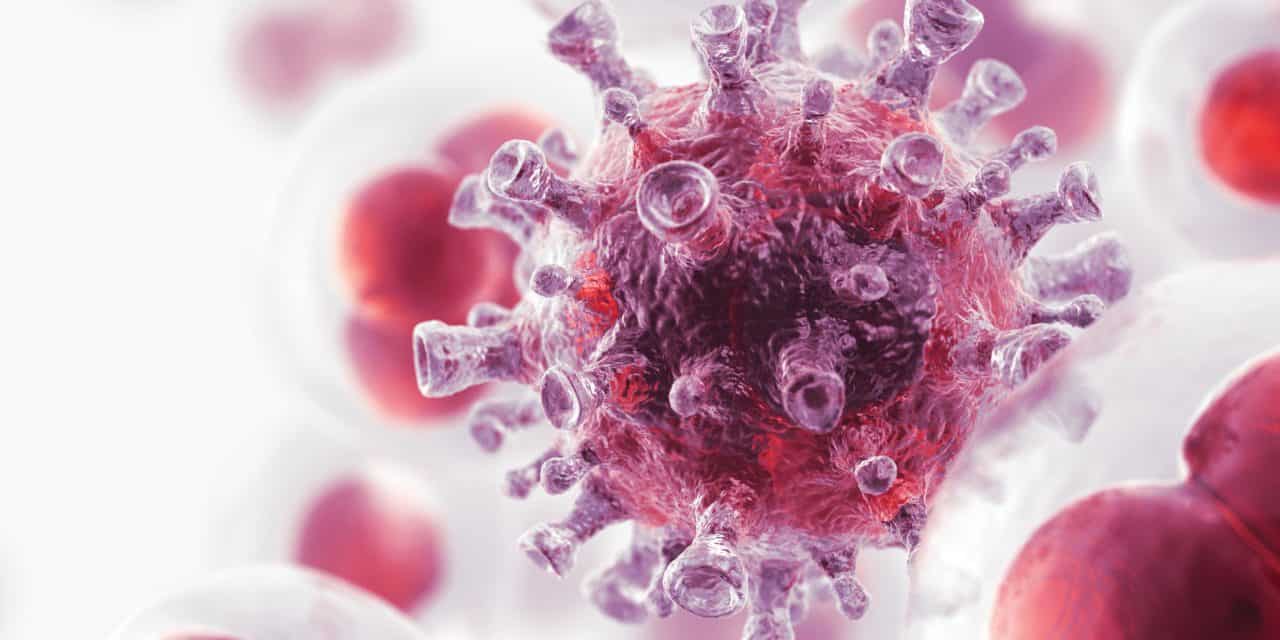cART has significantly improved the life expectancy of people living with HIV (PLWH). However, it fails to eliminate the long-lived reservoir of latent HIV-infected cells. Radioimmunotherapy (RIT) relies on antigen-specific monoclonal antibodies (mAbs) for targeted delivery of lethal doses of ionizing radiation to cells. Previously, we have demonstrated that human mAb 2556 against HIV gp41 conjugated with Bismuth radioisotope (t = 46 min, alpha-emitter) selectively killed HIV-infected cells. Actinium (t = 9.92 d, alpha-emitter) and Lutetium (t = 6.7 d, beta-emitter) are two long-lived clinically proven radioisotopes for cancer treatment which might be more effective in killing infected cells systemically and in CNS.
In this study we have conjugated 2556 mAb with Bi, Ac and Lu, and compared their ability to kill HIV-infected human peripheral blood mononuclear cells (PBMCs) and monocytes. PBMCs and monocytes from healthy donors were infected with HIV and treated in vitro with increasing concentrations of Bi (4-20 μCi)-, Ac (20-100 nCi)- and Lu (4-50 μCi)-2556 mAb.
After three days post-treatment of infected PBMCs and monocytes, Bi- and Lu-conjugated 2556 mAb reduced virus production measured by p24 level in a dose-dependent manner, whereas, Ac-2556 showed minimal effect. However, seven days post-treatment all three radioisotopes showed significantly more pronounced reduction of virus replication as compared to control labeled mAb with Ac-2556 showing the least non-specific killing.
These results indicate that RIT holds promise as a novel treatment option for the eradication of HIV-infected cells that merits further study in combination with cART and reactivation drugs.
Copyright © 2020 Elsevier Inc. All rights reserved.
Comparison of various radioactive payloads for a human monoclonal antibody to glycoprotein 41 for elimination of HIV-infected cells.


